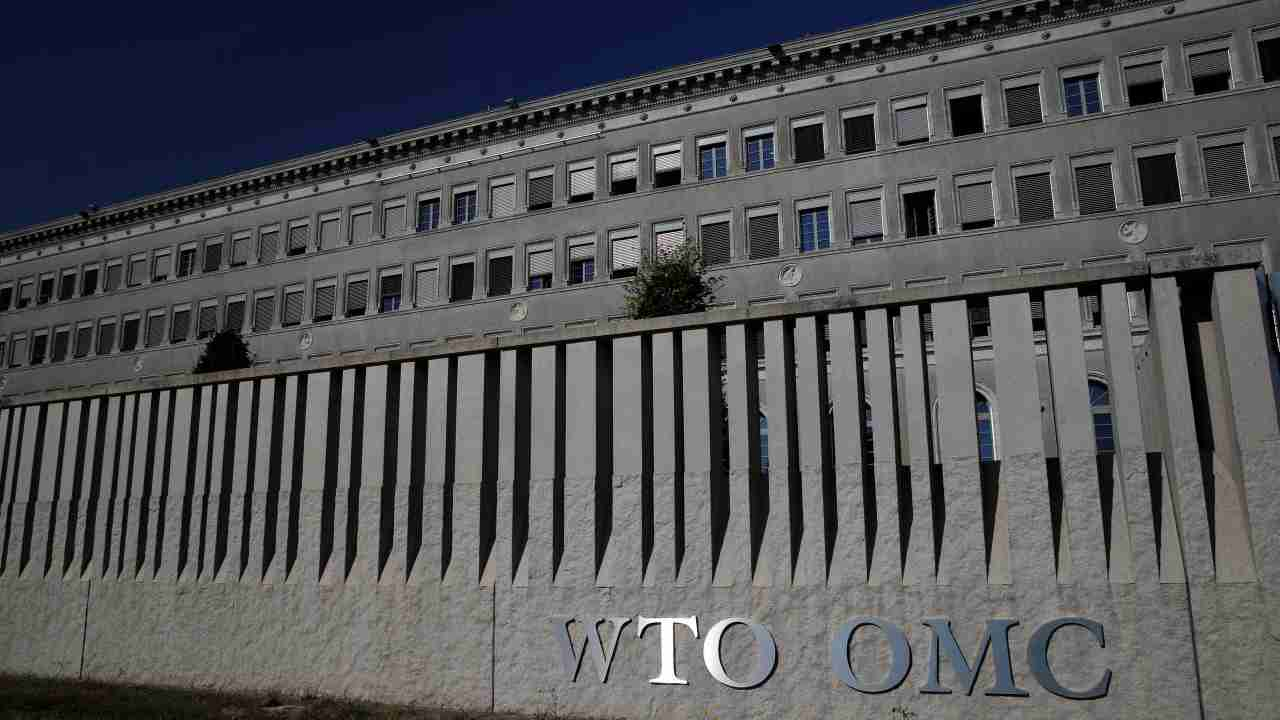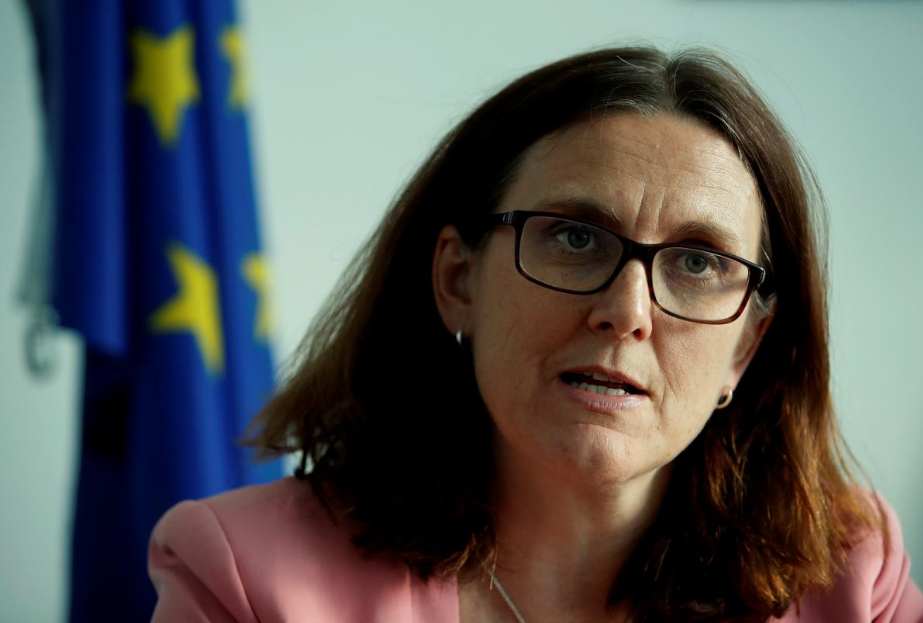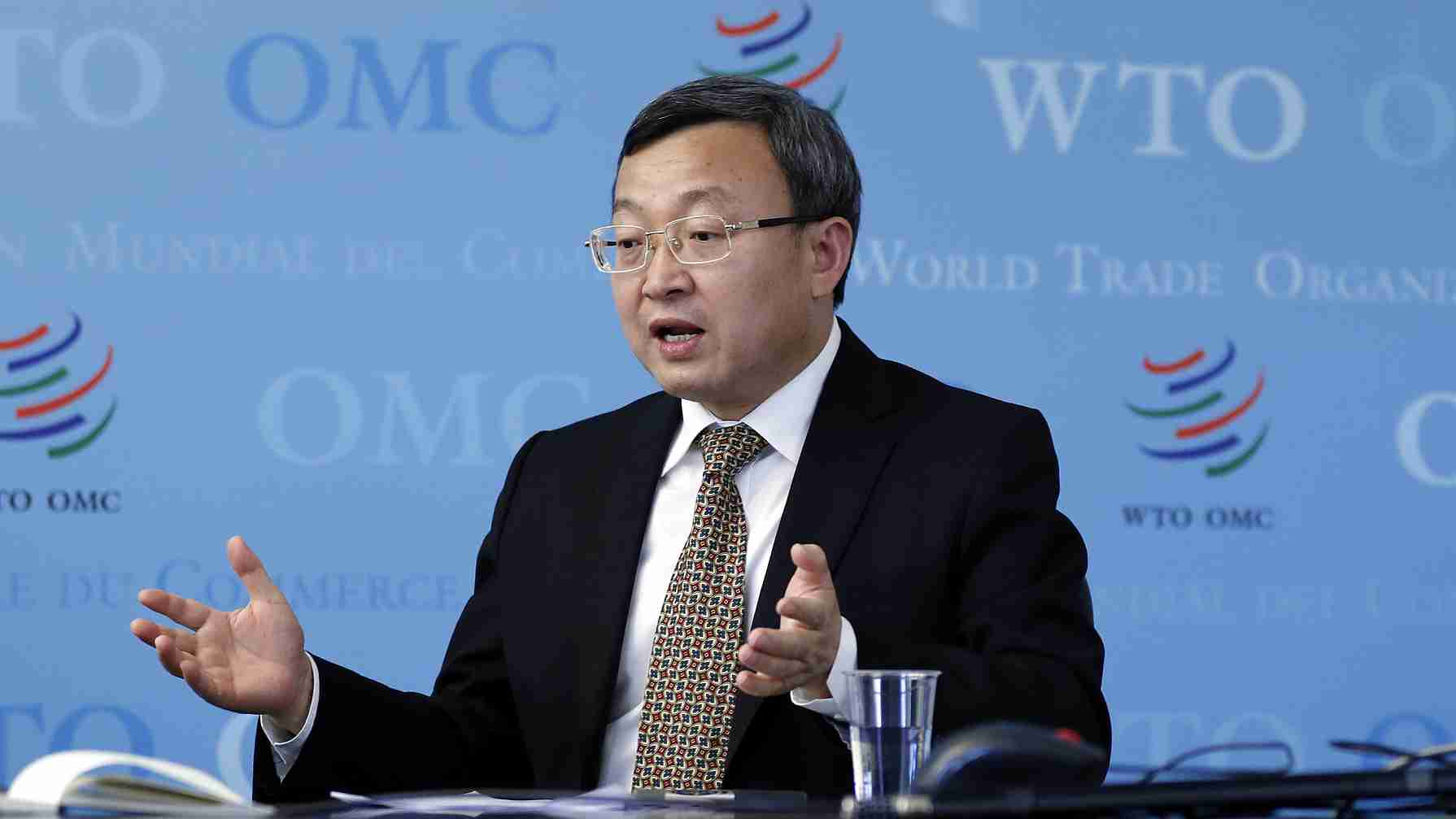
Business
21:27, 26-Nov-2018
EU publishes revised WTO reform proposals
Updated
20:29, 29-Nov-2018
CGTN

The European Union on Monday announced new proposals to reform WTO to break the deadlock in its dispute settlement regime (DSR), hoping to overcome U.S. objections that have thrown the WTO into crisis.
The revised proposals, agreed between the EU, China, India and other countries, come three days after China's Vice Minister of Commerce Wang Shouwen said that Dispute Settlement Regime (DSB) is at risk of paralysis by obstruction from certain members.

European Trade Commissioner Cecilia Malmstrom during an interview with Reuters in Geneva, Switzerland, June 4, 2018. /Reuters Photo
European Trade Commissioner Cecilia Malmstrom during an interview with Reuters in Geneva, Switzerland, June 4, 2018. /Reuters Photo
"Now, together with a broad coalition of WTO members, we are presenting our most concrete proposals yet for WTO reform. I hope that this will contribute to breaking the current deadlock,” European Trade Commissioner Cecilia Malmstrom said in a statement.
China's Ministry of Commerce expressed support for the necessary reforms of the WTO to strengthen its authority and effectiveness last week.
"The multilateral trading system is now challenged by unilateralism and trade protectionism," Wang Shouwen told a press conference last Friday.

Wang Shouwen, China's vice minister of commerce, speaks during an interview at the WTO headquarters in Geneva, Switzerland, July 11, 2018. /VCG Photo
Wang Shouwen, China's vice minister of commerce, speaks during an interview at the WTO headquarters in Geneva, Switzerland, July 11, 2018. /VCG Photo
The WTO reforms should follow three fundamental principles: the reform should uphold the organization's core values of non-discrimination and opening, protect development interests of developing members and address their difficulties in integrating into economic globalization, and follow the mechanism of decision-making by consensus, Wang said.
Rules should be jointly made by the international community, rather than a minority of members, and cliques or factions should not be formed, he said.
The WTO reforms should uphold the main channel status of the multilateral trading system, prioritize addressing issues that threaten the existence of the organization, make trade rules fairer and in line with the needs of the times, ensure special and differentiated treatment for developing members, and respect the development model of each member, he said.
China opposes any individual member's actions in undermining and denying the authority of the multilateral trading system, Wang said, warning that the basic rules of the system are threatened by acts of unilateralism.
China is willing to shoulder duties commensurate with its development level and capacities, and will not allow other members to strip its special and differentiated treatment as a developing country, Wang said.
China is against the practice of listing the development model issue as part of the WTO reforms and opposes introducing groundless accusations into the reform agenda, Wang said.
(With input from agencies)

SITEMAP
Copyright © 2018 CGTN. Beijing ICP prepared NO.16065310-3
Copyright © 2018 CGTN. Beijing ICP prepared NO.16065310-3